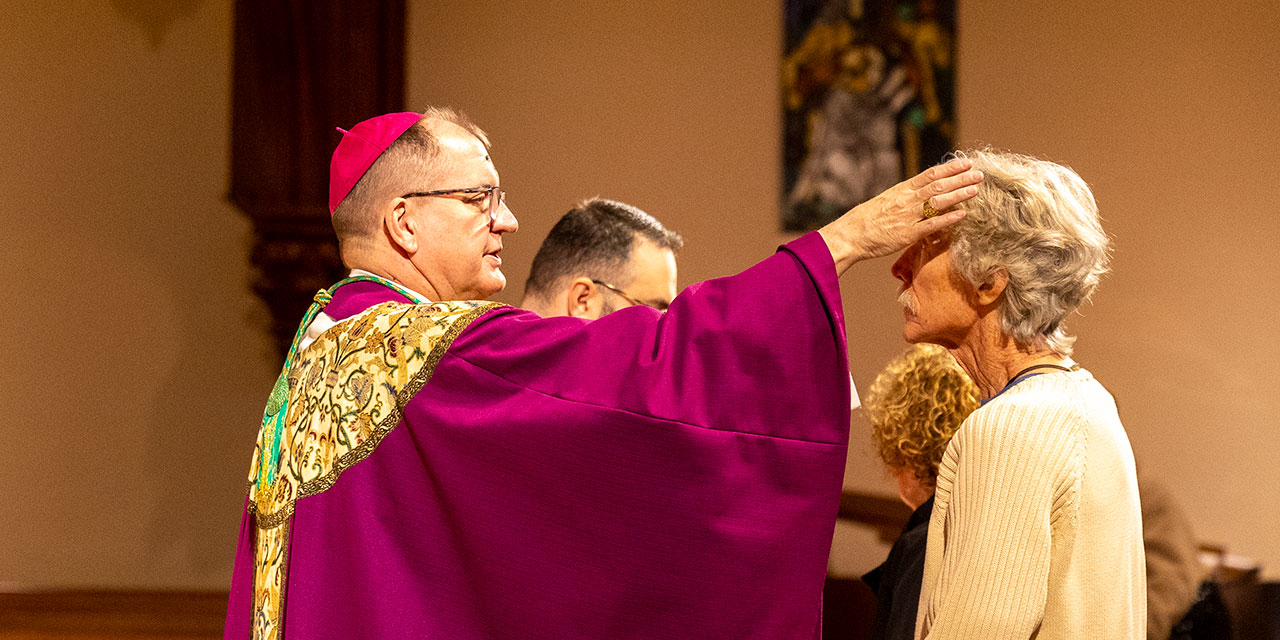
Washington State is attacking religion under the guise of child protection. Earlier this month, and after three years of intense debate, Governor Bob Ferguson signed Senate Bill 5375 into law. It adds priests and clergy to the state’s list of individuals legally obligated to report suspected child abuse or neglect to law enforcement within 48 hours of obtaining the information.
While most states make clergy “mandatory reporters,” the legislation makes Washington one of only three (in addition to New Hampshire and West Virginia) to extend this mandate to information acquired in the Sacrament of Confession, removing the priest-penitent privilege that had long been codified in Washington law. Before SB 5375, Washington required clergy to report alleged child abuse unless they obtained the information in the confessional. Now, however, the law requires priests to break the Seal of Confession, effectively criminalizing compliance with a core Christian practice and raising serious concerns about the free exercise of religion.
Finally, a reason to check your email.
Sign up for our free newsletter today.
This legislation, coupled with Ferguson’s refusal to cooperate with Catholic leadership on amending the bill, has ignited an intense legal and constitutional debate about religious freedom. The Department of Justice has launched a civil rights investigation into what both Catholics and Assistant Attorney General Harmeet Dhillon call a clear infraction of the First Amendment’s religious protections. Washington should fix its law, and the DOJ should step in to ensure that states do not undermine foundational First Amendment protections.
In the Catholic Church, the Sacrament of Confession allows people to divulge their sins to a priest, who acts in the person of Christ and delivers spiritual counsel and absolution. The Church holds the Seal of Confession to be inviolable, with canon law imposing automatic excommunication on any priest who discloses the contents of a confession, a position affirmed by Archbishop Paul Etienne of Seattle. Priests in Seattle have stated that they would rather obey God than men and face prison than violate their sacred oaths.
Catholic leadership has affirmed its commitment to opposing abuse and has established numerous protocols and procedures to protect children. Washington’s law ignores this framework and places clergy in the untenable position of having to choose between honoring sacred oaths and facing criminal prosecution, on the one hand, or following the law and facing excommunication, on the other.
Washington’s law specifically targets religious leaders, a form of legally impermissible discrimination. As Bishop Frank Schuster of Seattle notes, this new mandate does nothing to revoke the confidentiality that doctors and patients, attorneys and clients, psychiatrists and clients, and even spouses enjoy. Instead, it singles out clergy as the only class of “supervisors” that cannot rely on relevant legal privileges. As Eric Kniffin of the Ethics and Public Policy Center argues, the law suggests that it’s “good for lawyers to keep confessions confidential for secular reasons, but it’s bad for priests to keep confessions secret for religious reasons.”
Unless Washington wires every church’s confessional, it will struggle to enforce the law—after all, priests don’t record penitents’ confessions. Further, according to psychologist Thomas Plante, removing the confidentiality of confession may have adverse effects. He told CBS News that the Seal of Confession “encouraged people who have committed crimes to come clean to a priest who has then referred them to a psychologist such as himself,” who was then able to report “the situation to authorities as a medical professional.” Without an anonymous forum for disclosure, abusers might never come forward.
As Bishop Thomas Daly of Spokane has said, the constitutional right to religious freedom is a linchpin of American society. The First Amendment clearly states that “Congress shall make no law respecting an establishment of religion, or prohibiting the free exercise thereof.” While Democrats such as Washington State Senator Noel Frame insist that the new law fortifies the separation of church and state, it is in fact a flagrant violation of this principle, with the state infringing on the affairs of the Church. Further, by effectively mandating that priests violate their vows by breaking a core tenet of their sacramental ministry, the state is indeed “prohibiting the free exercise” of religion.
Washington’s new law violates both federal and state court rulings, which have confirmed that forcing clergy to violate religious confidence is unconstitutional. In Trammel v. United States (1980), for example,the U.S. Supreme Court identified the priest-penitent privilege as a foundational protection in American law. This privilege hinges entirely on the condition that it is administered “in total and absolute confidence.” In State v. Motherwell (1990), Washington’s own supreme court addressed whether mandatory reporting laws for child abuse compel the disclosure of penitential communications. The court ruled that existing state laws exempted clergy “functioning in that capacity.” Forcing clergy to violate the sanctity of confession crosses a constitutional line that Washington’s own legal tradition had previously respected.
Those who prey on children deserve zero tolerance, and we should grieve for minors who have been victimized in the worst way, especially by members of the clergy. But though many of this law’s proponents have noble intentions, undermining a sacrament with a 2,000-year history is no way to protect children. While the Justice Department likely will strike this legislation down, state lawmakers should set the matter right promptly, doing right by children and religious Washingtonians while saving the state from costly–and ultimately losing–litigation.
Photo by Howard Schnapp/Newsday RM via Getty Images
City Journal is a publication of the Manhattan Institute for Policy Research (MI), a leading free-market think tank. Are you interested in supporting the magazine? As a 501(c)(3) nonprofit, donations in support of MI and City Journal are fully tax-deductible as provided by law (EIN #13-2912529).
Source link
















